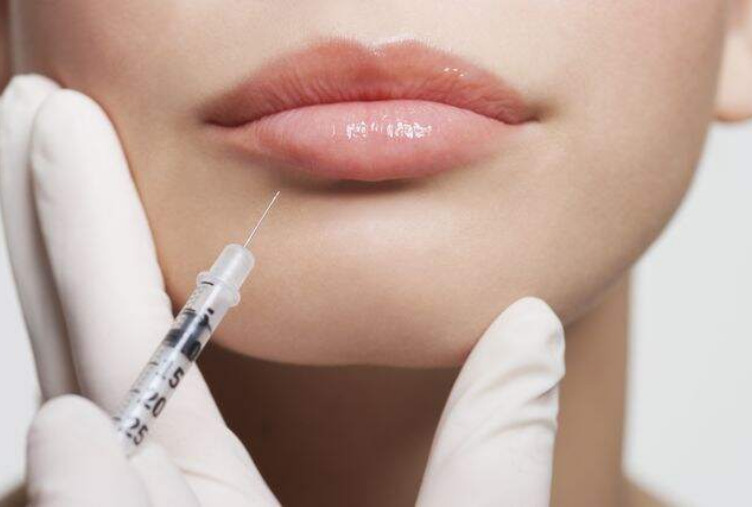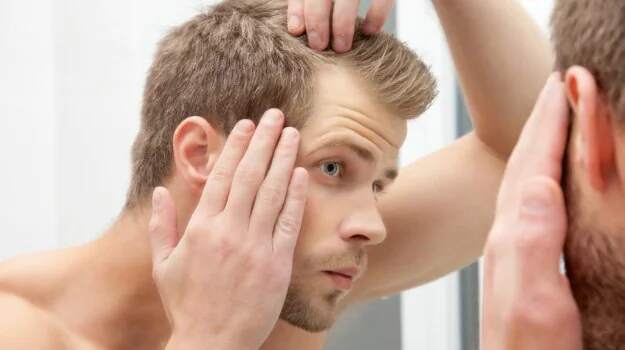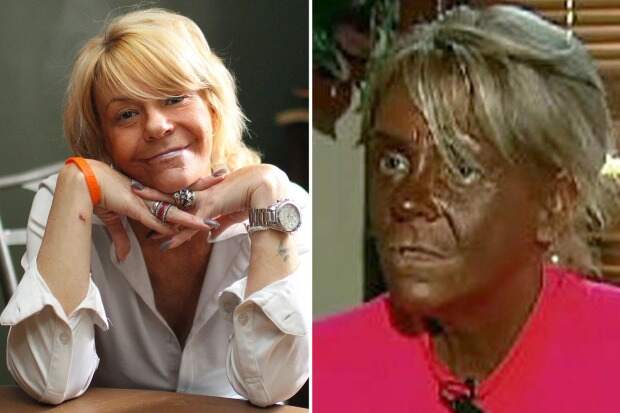BODY DYSMORPHIC DISORDER (BDD)

Women with Body Dysmorphia (BDD) check for wrinkles and premature signs of aging, even in their 20s.
Body Dysmorphic Disorder (BDD) is a type of OCD in which the sufferer has an exaggerated focus about a particular feature of their body that they perceive as flawed. They know rationally their reaction is excessive, but can't stop being concerned anyway. It can be any part of the body but is often features like the face, hair, abdomen, skin, muscles, buttocks, hips, and even genitals. The focus often fluctuates depending on whatever features the media currently focuses on or by comparison to someone they know.

Checking mirrors many times every day is a symptom of Body Dysmorphic Disorder, Dr. Brodsky explains.
Do you think you have BDD? Find out now. The good news is it's very treatable and you can be rid of it with the right kind of therapy. Feel free to email a question to Dr. Brodsky for a free consultation within 24 hours. If you feel you're ready to get started, you can make an appointment online now or call 212-726-2390. In person sessions for OCD are available in New Jersey and New York. Virtual teletherapy is available nationwide in 42 states for OCD from Austin, Texas to Raleigh, North Carolina. We're everywhere you are!

Body Dysmorphia sufferers seek out unnecessary medical and surgical procedures, usually never being satisfied and sometimes making their appearance worse, according to OCD specialist Dr. Steven Brodsky.
BDD sufferers respond with a number of compulsions to repetitively check, conceal, seek reassurance, avoid visibility, or fix the perceived flaw. An equal number of men and women are diagnosed with BDD.
BDD usually gets worse as the person ages, as they struggle with the physical changes that come with age (gray hair, loss of hair, wrinkles, weight gain, etc.). The stress can lead to an unending search of unnecessary medical and surgical procedures, and avoiding daily activities, job duties, and social situations.

Body Dysmorphic sufferers compulsively check a part of the body, often a feature of their face.
Some common compulsions include, among others:
• Mirror checking-Spending too much time staring in a mirror/shiny surface at the real or imagined flaw. Viewing oneself from different angles.
• Avoidance of mirrors and shiny surfaces
• Feeling parts of one's body for irregularities or asymmetry.

Men with BDD often worry they're balding at a very young age and check their hairlines, even in their teens.
• Covering up the “afflicted area” with hats, scarves, make-up, long sleeves, and pants, even in hot weather.
• Repeatedly asking others for reassurance that they look okay
• Frequent unnecessary appointments with medical professionals/surgeons
• Repeated plastic surgery, bo tox and filler injections.

Women with Body Dysmorphic Disorder (BDD) have a distorted view of their appearance, but it's not anorexia, says Dr. Brodsky, an OCD specialist
• Compulsive skin picking. Often, nails and tweezers are used to remove acne blemishes.
• Over-tweezing eyebrows.
• Repetitively cutting one's hair until it feels just right, often leaving it in bizarre distorted shapes, or eventually cutting it very short to start over again.

BDD sufferers will pursue reluctant plastic surgeons until they find one who might exploit them, Dr. Brodsky says.
• Avoiding social situations, public places, work, school, etc...
• Leaving the house less often or only going out at night to prevent others from seeing the “flaw”.
• Over-exercising, sometimes to the point of injury.
• Endless, sometimes painful, yet unsuccessful attempts to modify the appearance and size of breasts or even genitals.

Compulsive over-exercising, sometimes for hours daily, is a symptom of BDD, according to Dr. Steven Brodsky, a therapist who specializes in its treatment.
• Avoiding even one bite of a high calorie food. They won't even touch a candy bar with their tongue.
• Keeping the obsessions and compulsions secret due to feelings of shame.
• Checking muscles or if one's hairline is receding (the single most common symptoms with men).

Compulsive over-tanning and it's opposite--total avoidance of the sun--are symptoms of Body Dysmorphia treated by psychologist Dr. Steven Brodsky.
Do you think you have BDD? Find out now. The good news is it's very treatable and you can be rid of it with the right kind of therapy. Treatment is also more affordable than ever (a lot less than plastic surgery!). Feel free to email a question to Dr. Brodsky for a free consultation within 24 hours. If you feel you're ready to get started, you can make an appointment online now or call 212-726-2390. You can book in-person appointments in Manhattan and northern New Jersey. Virtual teletherapy is available nationwide in 42 states for OCD from Atlanta, Georgia to Fairfield County, Connecticut. We're everywhere you are!
(Learn more about Dr. Brodsky, Treatment, other Types of OCD, Insurance and Locations)

